"The Organization of Turkic States (OTS) is a bridge between East and West and Hungary is ready to become its European pillar, because cooperation is needed instead of the repeated formation of blocs in the world," Hungarian Minister of Foreign Affairs and Trade Peter Szijjarto said in the Kazakh capital of Astana on Friday. Although it is regularly stated that global security can hardly deteriorate any further, yet it is still possible as proven meeting after meeting, the minister pointed out at the OTS Council of Foreign Ministers, the statement released by the foreign ministry says.
From Europe's point of view, world security is in the worst shape since the end of the Cold War. Ukraine has been at war for more than a year and a half and there is no progress towards peace, he underlined. "At the same time, regrettably, many European leaders suffer from war psychosis and still believe that the solution lies on the battlefield, but unfortunately there is no solution there, only dead people. We Hungarians would like to avoid further losses and destruction in Ukraine," he said. Meanwhile, a new armed conflict has erupted in Israel, affecting the continent's immediate neighborhood, where the main task of the international community is to ensure that this does not turn into a war between states, he said.
He also pointed out that the threat of terrorism has intensified in Europe, which, as he put it, is a direct consequence of the migration policy pushed by Brussels, leading to the evolution of parallel societies in several Western European countries.
Touching on the sanctions imposed against Russia, he said that the punitive measures have led to a "continuing energy security crisis". Peter Szijjarto said it was regrettable that Europe's competitiveness has deteriorated, as evidenced by the fact that China took second place in the world ranking of gross domestic product (GDP) last year. It is clear that some European leaders have made mistakes, as the previous model of economic growth, based on a combination of advanced Western technology and easy access to relatively cheap energy carriers from the East, has collapsed, he said. Some Western European politicians talk a lot about something that is called de-risking, he said, explaining that in their vocabulary, this means the separation of the Western and Eastern economies, and more specifically the European and Chinese economies. This would be a knockout for the European economy, as bilateral trade is worth around €860 billion annually, he warned.
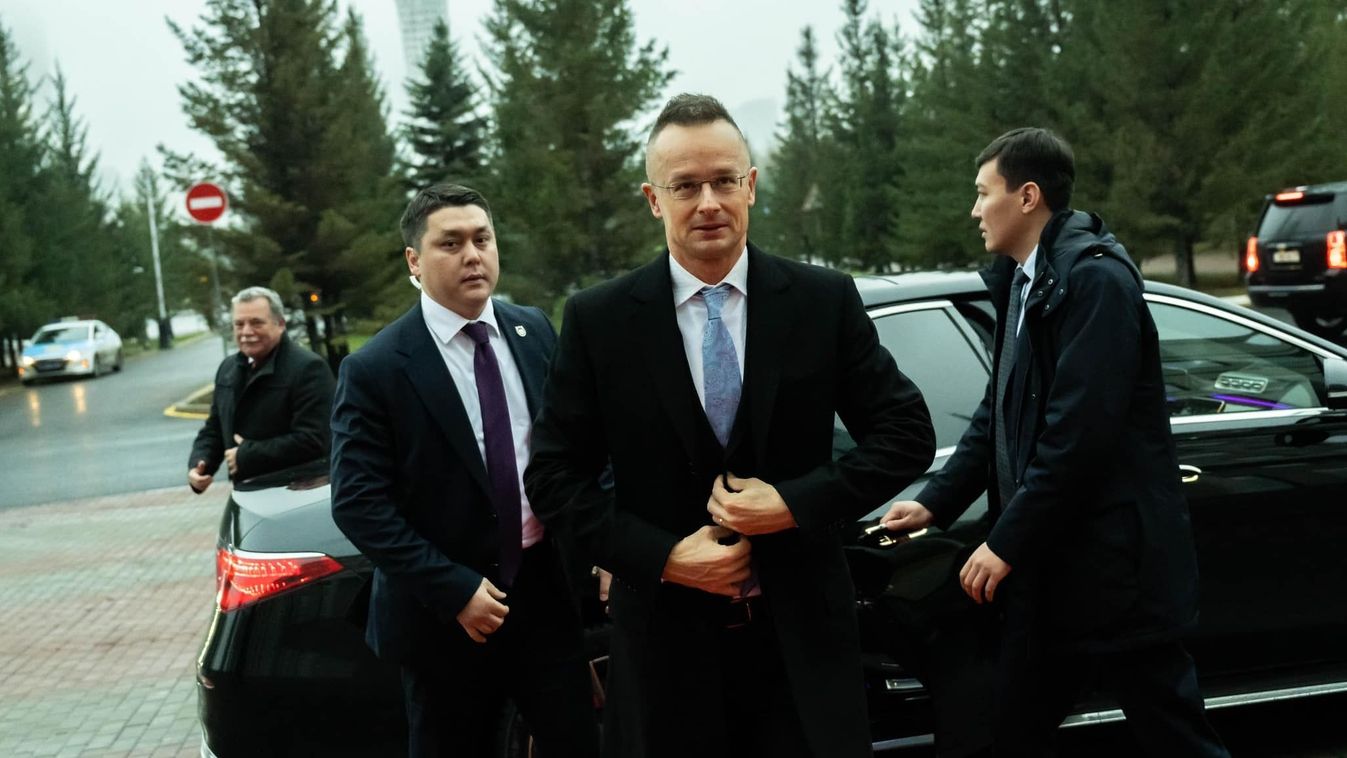





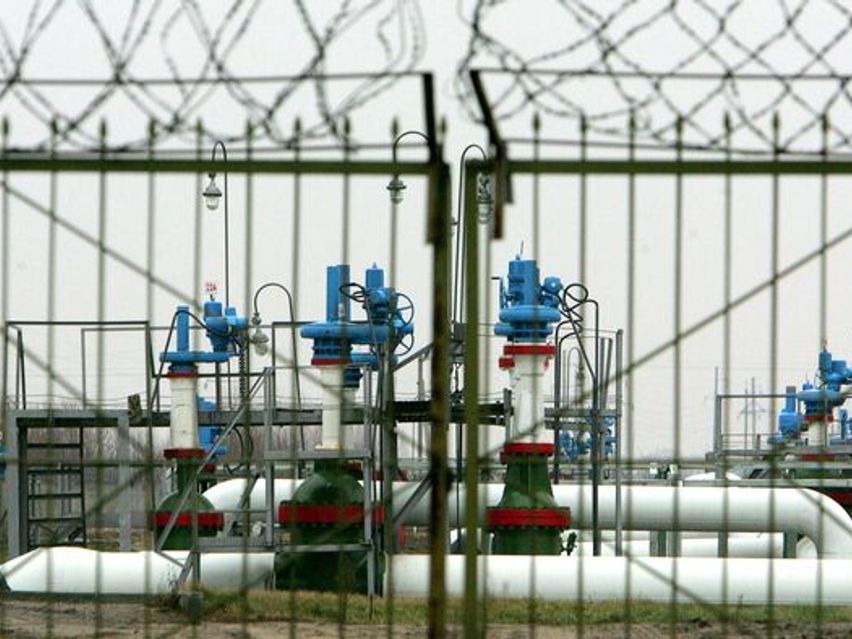







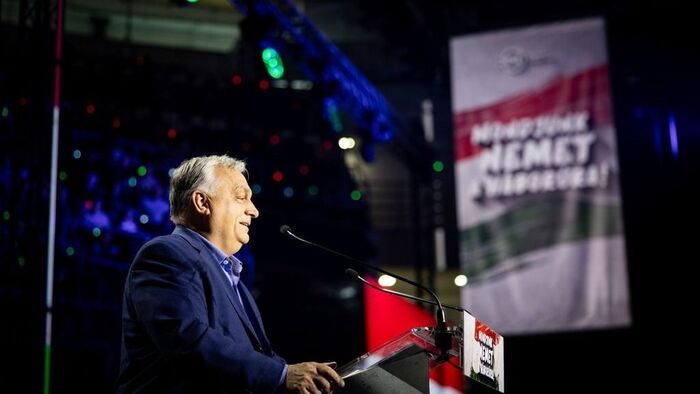
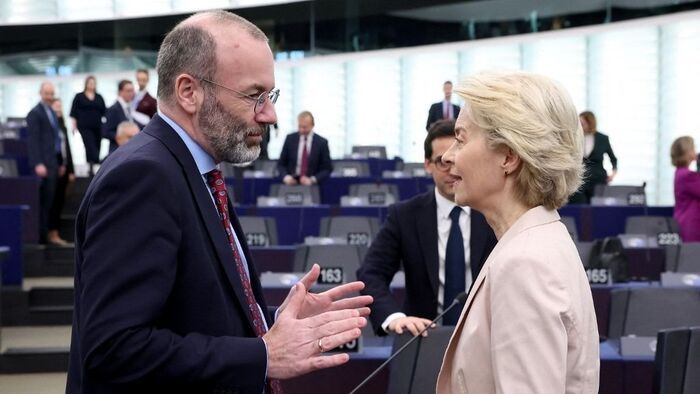
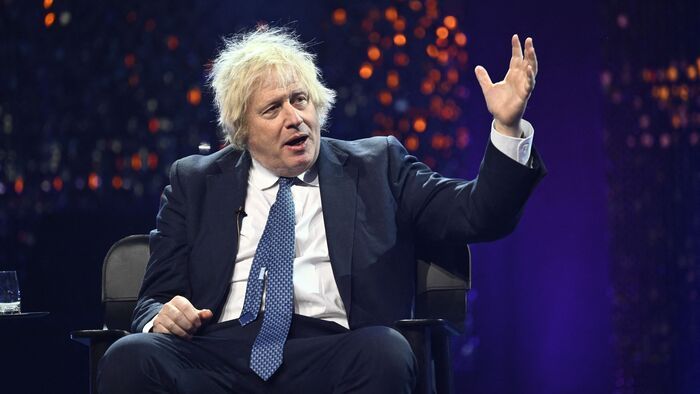
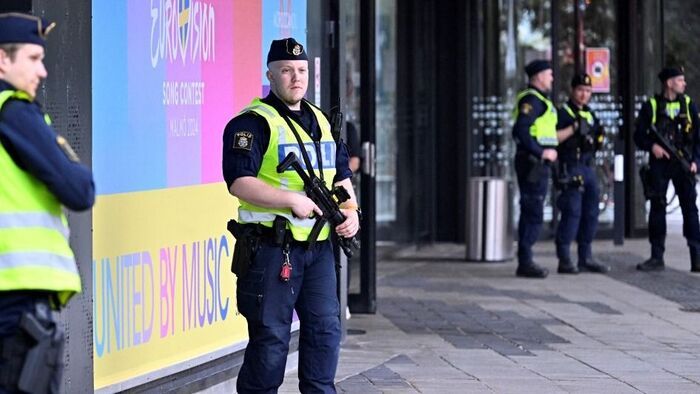





Szóljon hozzá!
Jelenleg csak a hozzászólások egy kis részét látja. Hozzászóláshoz és a további kommentek megtekintéséhez lépjen be, vagy regisztráljon!